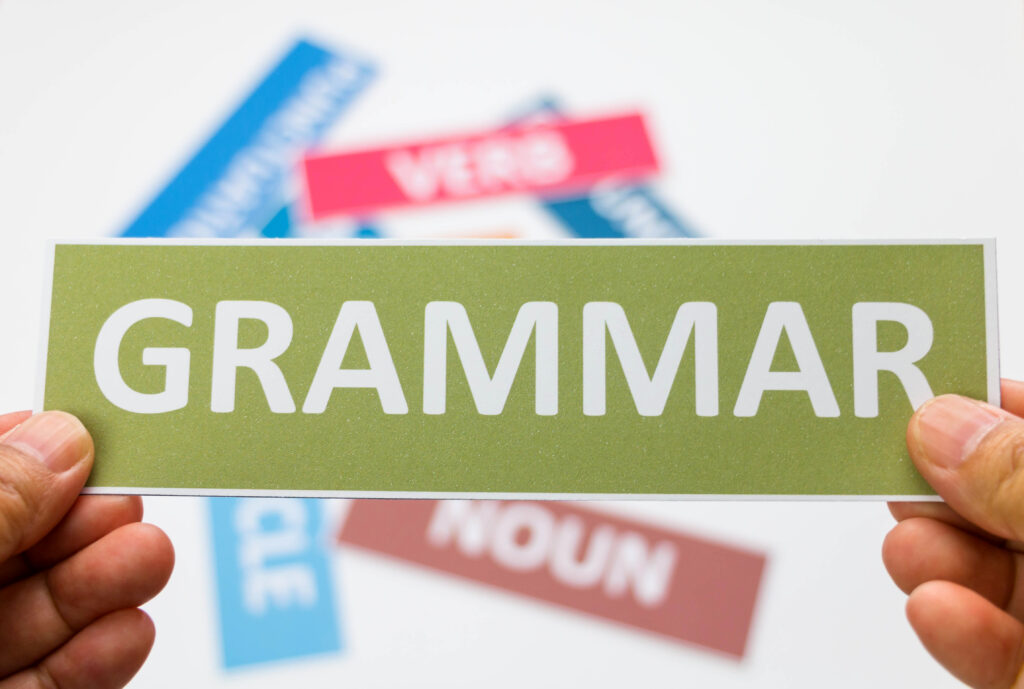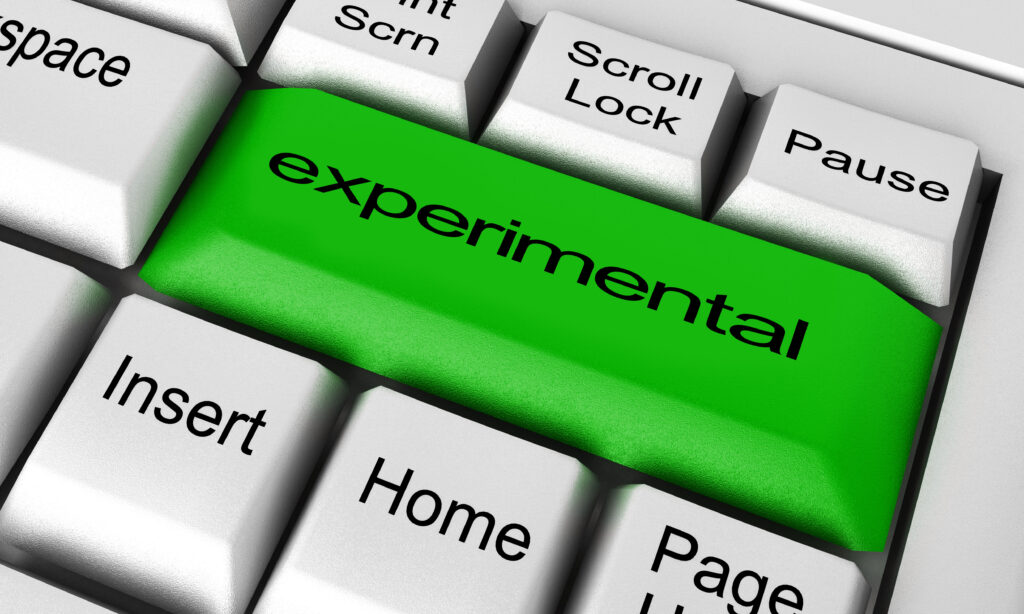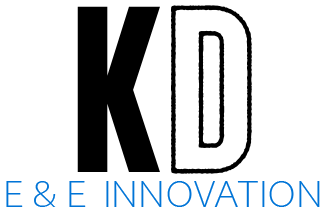Language Experimental Lab (EL Lab)
Language Experimental Lab (EL Lab)
Knowledge refers to the process of information and communication by which languages develop and change over time. It is a complex and ongoing process that involves the evolution of language, including the evolution of grammar, vocabulary, and pronunciation.
Languages are influenced by many factors, including social geo-historical cultural, factors, as well as economical technology, developmental processes, intermixing of nations, migration, etc. In addition to the development of languages, the formation also involves the creation of new words and the development of new linguistic structures, such as new grammatical rules and pronunciation patterns.


Language formation is an important aspect of linguistic study and hasexperimental implications for language laboratories. Understanding language formation can help us to better understand the nature of language, the role of language in human intelligent communication, and the information knowledge phenomenon. An experimental language laboratory is a research facility dedicated to the study of language and its structure, usage, and development. The laboratory can employ various research methods, including experiments and observations, to investigate the role of languages in the social developmental process and point out linguistic logjams.
In an experimental language laboratory, researchers might study the acquisition of language by children, the effects of language on perception and cognition, or the ways in which language changes over time. They may also study the structures and functions of different languages and explore the social and cultural contexts in which language is used. EL Lab works closely with universities, research institutions, and private companies, and do collaborate with other organizations and researchers in related fields of social and natural sciences, artificial intelligence, machine learning, and technology.
The results of research conducted in an experimental language laboratory can contribute to our understanding of the nature of language, the ways in which it is used, and the factors that influence its development and change. This understanding would have important implications for fields such

Project
SL-Laboratory
(Sindhi Language)
Language Inspiration
Aggressive Lexicons
Grammar Errors
Project
G-Lab
(Grammar Levorotary)
Knowledge-Grammar Relation
Phenomenon of
Grammar & Knowledge
